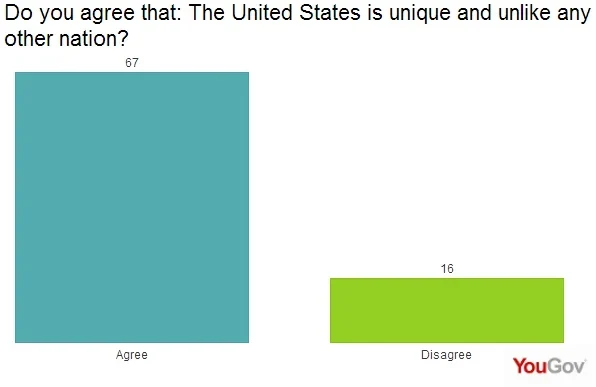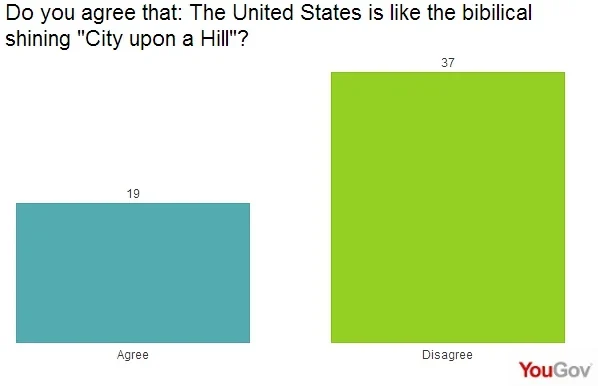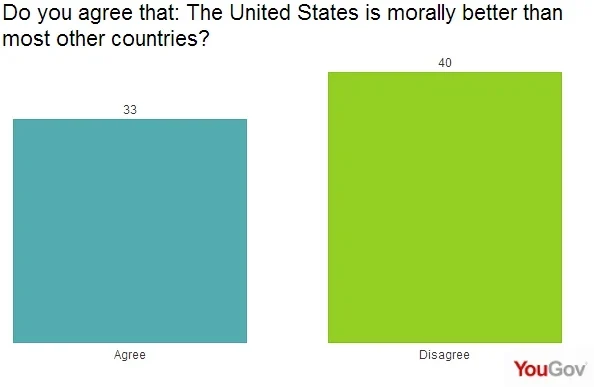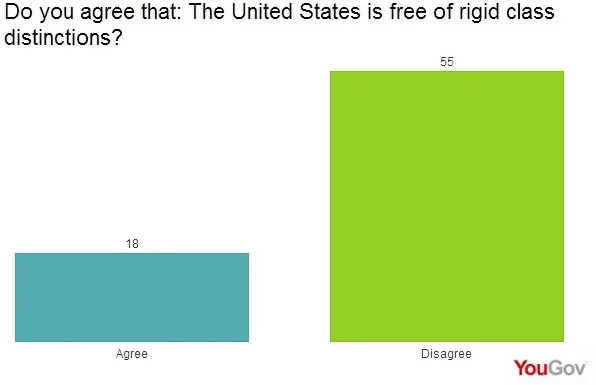Most Americans think that the United States is unlike any other country on earth, but generally admit that the United States isn't perfect.
Last week, President Barack Obama described America’s willingness to act as something that makes the U.S. “different” and “exceptional.” Russian President Vladimir Putin criticized the American belief in exceptionalism, describing it as “dangerous” for any country to see themselves that way.
In response, the Economist/YouGov Poll set out to test Americans’ belief in their difference from the rest of the world, and specifically their belief in the tenets of “American exceptionalism,” a doctrine that dates back to the founding of the United States more than two centuries ago.
It’s not a doctrine many Americans have heard about – Nearly half admit to having heard nothing at all about the term; fewer than one in four have heard a lot. But Americans certainly agree that they are different: nearly three in four agree that the United States is unique and unlike any other nation.

There’s little disagreement from any group on this. But other parts of the dogma don’t quite make it into the American consciousness. The Puritan Biblical concept of America as the “Shining City upon the Hill,” a phrase often used by President Ronald Reagan, only gets agreement from 20%. Republicans narrowly agree with this claim, 34% to 26%. However, religious Americans and those born-again don’t think the United States meets this criteria.
In fact, most don’t agree that the country is “morally better” than other countries, though on this Republicans and born-again Christians are evenly divided.


One tenet of American exceptionalism is that there is more social mobility in the United States than there is elsewhere, and that the country is free of rigid class distinctions. Very few believe this: a majority disagrees. Those in higher income brackets disagree even more than those who are less well-off.









